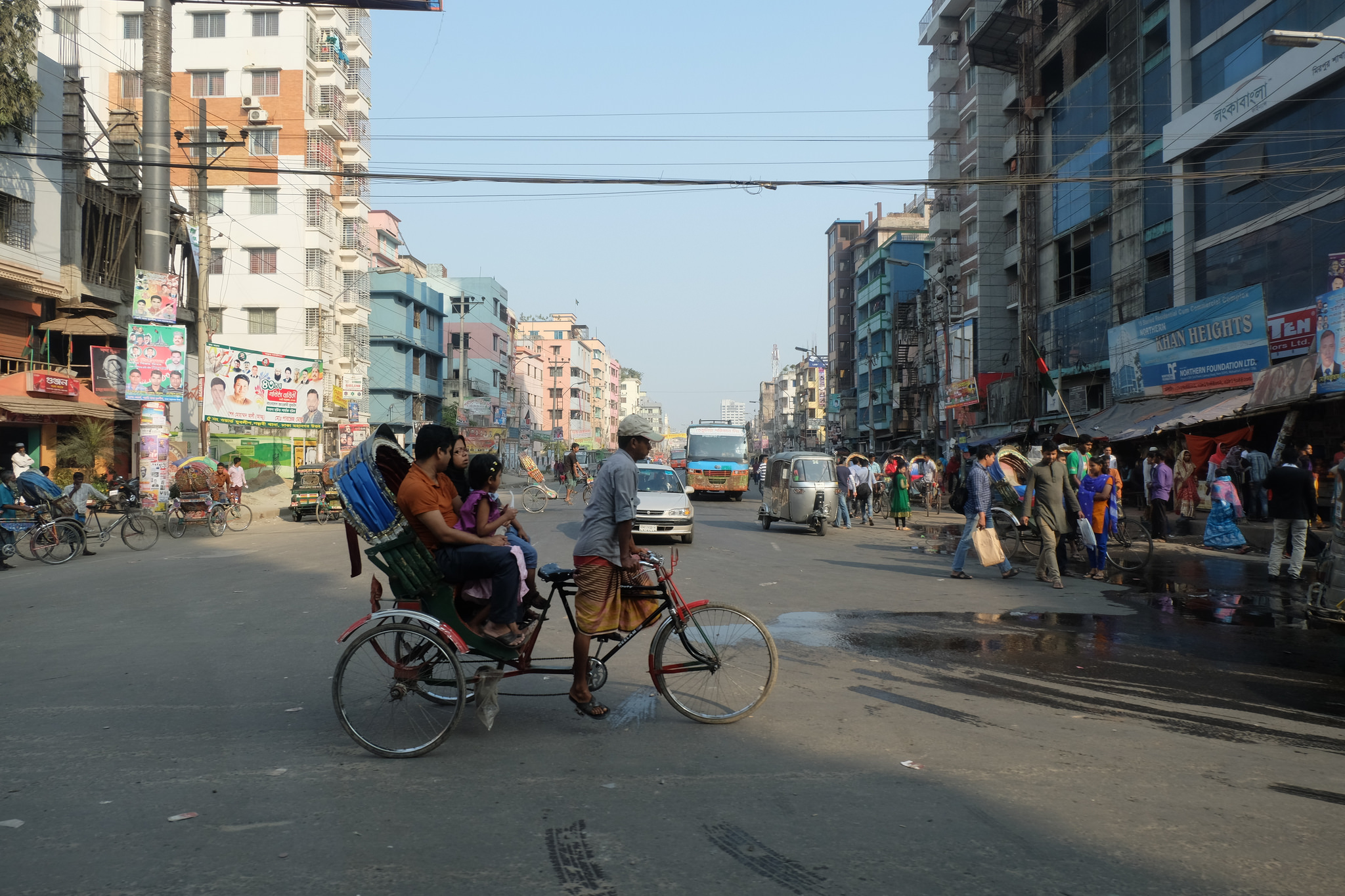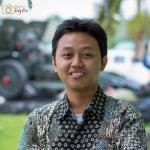Bangladesh has a long tradition of preparing national development plans by the General Economics Division (GED) of the Planning Commission primarily through the adoption of five-year plans of which we are currently in the 7th Five Year Plan (7FYP) which runs till 2020.
A recent development has been the initiation of several new longer term “horizon plans” under the GED. I will first describe them and then provide my views on the opportunities they provide for Bangladesh.
The first plan I want to mention is the 8th Five Year Plan (8FYP) for the period 2021-2026. The preparation of background papers for different sectors to feed into the 8FYP will start soon and the plan itself will be developed over 2019 and 2020. Over the years, the Planning Commission has developed an excellent outreach and consultation strategy involving not only other ministries within the government but also goes beyond the government to civil society and private sector. These consultations will start next year.
The second planning horizon is until the year 2030 which is 12 years from now. This is a globally driven time-horizon based on the 17 Sustainable Development Goals (SDGs) as well as the Paris Agreement on climate change with its mitigation and adaptation goals to be reached by 2030.
The prime minister and the government of Bangladesh have taken these global goals very seriously and the GED has already mapped the 17 SDGs across the different ministries within the government and assigned a lead ministry for each goal. At the same time, the Ministry of Environment and Forests is the lead on two of the climate change related goals.
The prime minister has also set up a high-level SDG monitoring unit in the Prime Minister's Office (PMO) to both support the different ministries and monitor their progress.
Civil society groups have also organised themselves across the different SDGs under the coordination of the Centre for Policy Dialogue (CPD) with a lead organisation for each SDG. They have already started their work and are seeking to support the efforts of the government.
The third time-horizon is until the year 2041 that the prime minister has asked GED to prepare as a 2041 Perspective Plan. This is to mark Bangladesh's 70 years as an independent country and is over 20 years from now.
The GED has already commissioned a series of 18 background papers for different sectors with the help of experts from Bangladesh in each topic area. The GED will then synthesise these papers into the 2041 Perspective Plan.
The fourth and final time-horizon is until the year 2100 which is over 80 years from now. This time-horizon comes to us from the Netherlands which has a similar Delta Plan in their own country and is supporting a number of other delta-located developing countries including Bangladesh, Vietnam, Egypt and others.
The Dutch government has supported an initial set of studies done over the last two years mainly by a group of Dutch experts and some local experts.
The resulting Bangladesh Delta Plan 2100 has been reviewed by a technical advisory group and is currently awaiting approval by the prime minister and National Economic Committee. Once it is approved it will be implemented by the Planning Commission with Bangladeshi experts and institutions.
I would like to share my thoughts on these different time-horizons and what they mean for the country.
The 8FYP from 2021 to 2026 will be an extremely important period for Bangladesh's development as we hope to graduate from Least Developed Country status during that time. This means that we have to become independent of official development assistance and grant-based support from the developed countries. We have become used to receiving nearly a billion dollars in grant-based development assistance and we will need to find a replacement for that.
For the 2030 time-horizon for the SDGs and climate change goals, we have 12 years to develop our plan and to start implementing it in earnest. Bangladesh has done well with implementing the Millennium Development Goals (MDGs) which preceded the SDGs and hence we have high hopes to achieve the SDGs as well. However, this cannot be left to the government alone as we will need the entire society to come forward in order to achieve these goals.
With regard to the 2041 time-horizon we are actually moving beyond planning to form a vision for the country to become a middle-income country by then. One very important element of this time-horizon is that it is less about our generation and more about our children's future. We need to focus on capacity building of the next generation.
Finally, in terms of the timeframe of 2100, we are actually talking about several generations ahead and hence it not only goes beyond a “normal” planning horizon but also focuses on ensuring that future generations are empowered to become the biggest assets to the country.




